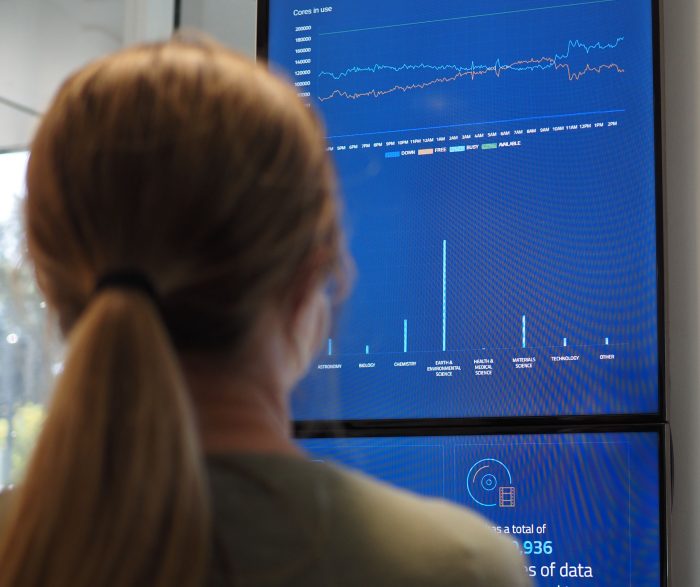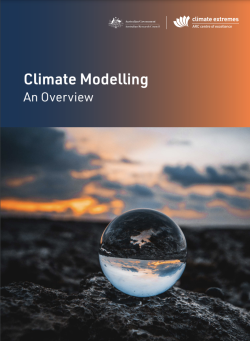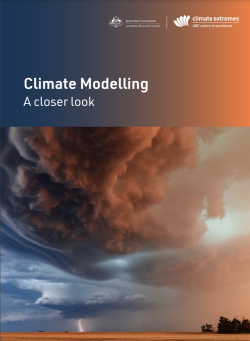Atmospheric rivers played a major role in Sydney’s year of record breaking rain with just three weather events responsible for 40% of the year’s rain total.
“In Sydney’s wettest March on record an atmospheric river played an important role” says Dr Kim Reid from the ARC Centre of Excellence for Climate Extremes.
“An atmospheric river from the warm coral sea fed moisture into an east coast low, which turned that atmospheric moisture into rain. It’s like having the Amazon River situated over Sydney. In March, Sydney saw 624mm of rainfall in just 2 weeks” says Reid.
The analysis is part of The State of Climate and Weather Extremes 2022 – a report of leading climate researchers from the ARC Centre of Excellence for Climate Extremes.
The record breaking March was followed by a record breaking July with 285mm of rain falling in just one week. In October 2022, the total yearly record was well surpassed with 173mm falling in just 5 days.
“During La Niña periods, atmospheric rivers are more frequent over the Coral Sea. For Sydney in 2022 this means we likely saw more atmospheric rivers than during a neutral or El Niño year, however we cannot blame any individual atmospheric river on La Niña.”
A 2021 ARC Centre of Excellence for Climate Extremes study led by Dr Reid found that climate models indicate that the number of atmospheric rivers, similar to the one that brought flooding to NSW in March 2021, may increase by 80% by the end of the century under moderate and high emissions scenarios.

“Climate models are how we predict the future of our climate – a crucial need as our planet warms.”
Professor Andrew Pitman, AO, FAA. Centre Director. ARC Centre of Excellence for Climate Extremes.


